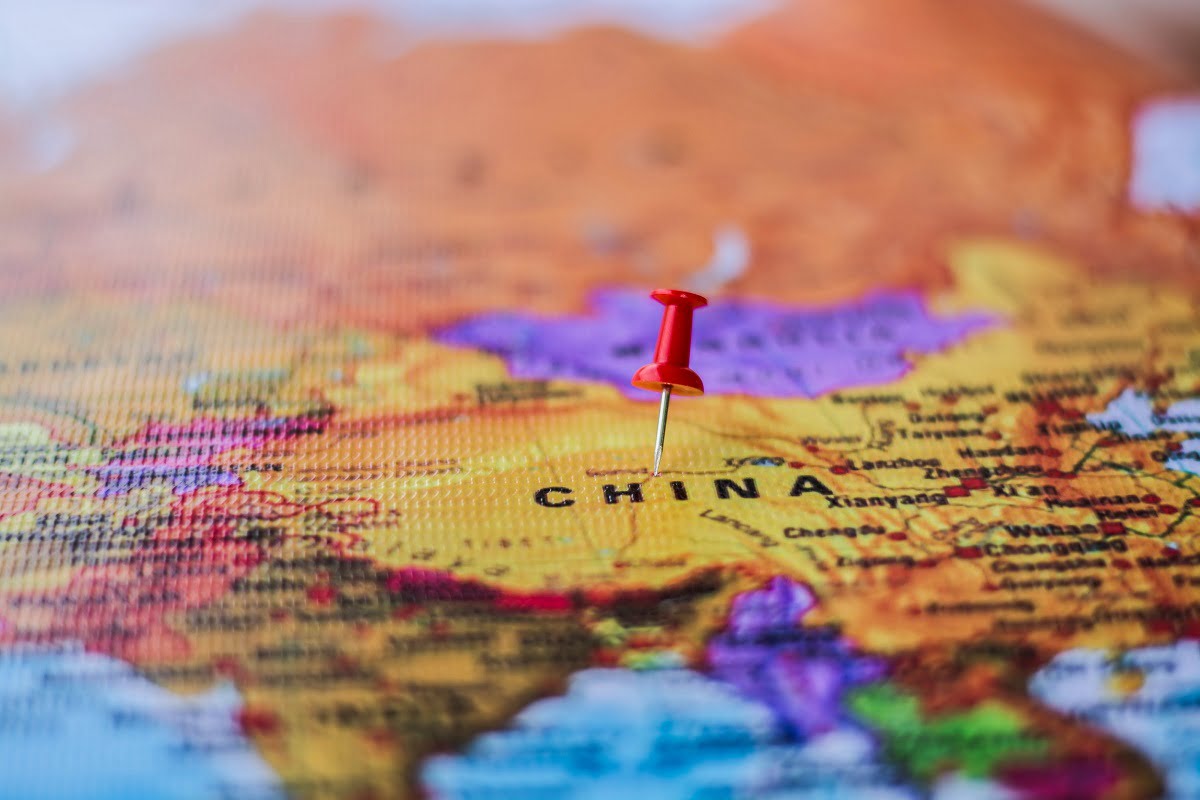
Population: 1.35 billion
Capital: Beijing
Official Language: Mandarin (Simplified)
Currency: Chinese Renmibi
Religions: Confucianism, Taoism & Buddhism

Manufacturing
China is one of the world’s largest manufacturers of everything from clothing and furniture to machinery and steel. In fact, 6 of the top 10 steel companies in the world are in China.
Automotive
China is the world’s 3rd largest car manufacturer and makes a significant amount of parts for the automotive industry. The Chinese government has spent around $60 billion on electric vehicles over the last 10 years.
Mining
China is the world’s leading gold, coal and rare earth minerals producer.
Do…
Don’t…
Small talk usually starts with “Have you eaten yet?”. Food is a very important topic of conversation in China and is used to break the ice like talking about the weather is in the UK. You can also get to know your Chinese business associates by asking about their hometowns or travel plans.